Premium Only Content
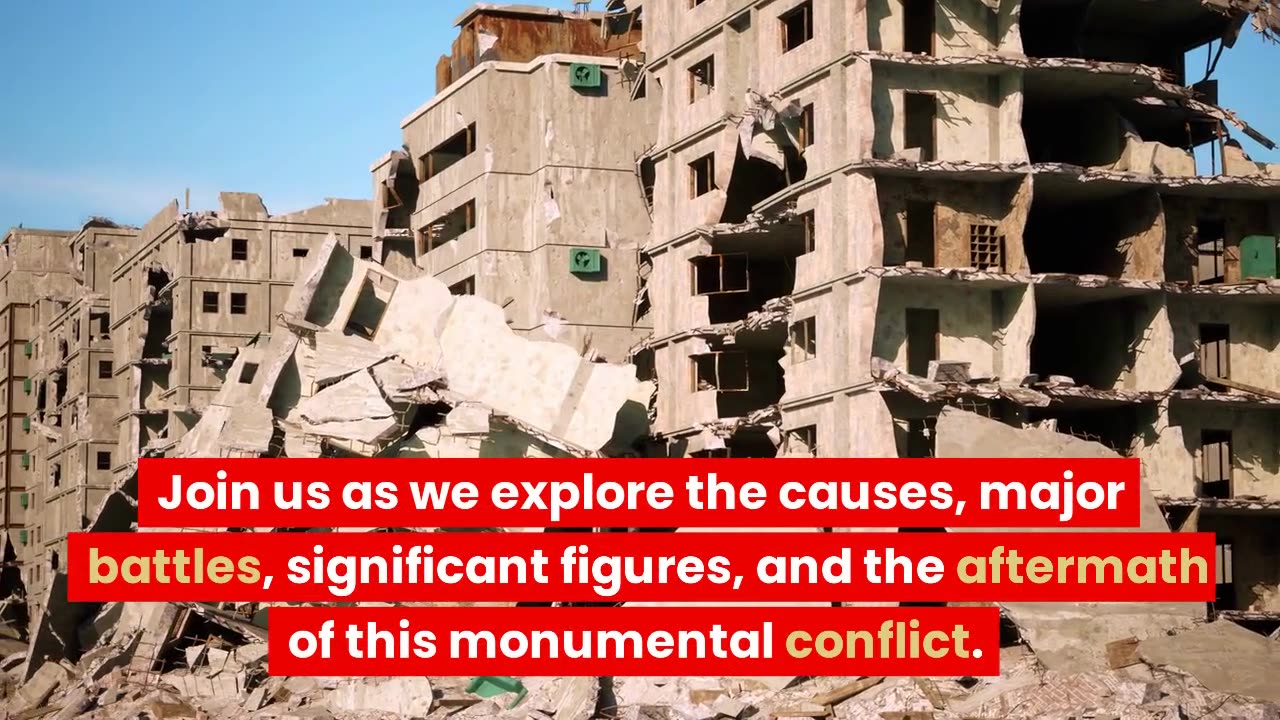
WORLD WAR-I
World War I, also known as the Great War, was a global conflict that took place from 1914 to 1918. Here is an overview of World War I:
Causes and Tensions:
Tensions in Europe had been escalating for years due to a complex web of political alliances, territorial disputes, and militarism.
The immediate trigger for the war was the assassination of Archduke Franz Ferdinand of Austria-Hungary by a Serbian nationalist in June 1914.
Formation of Alliances:
The war quickly escalated as countries formed alliances. The Allies (Triple Entente) included France, Russia, and the United Kingdom, while the Central Powers consisted of Germany, Austria-Hungary, and later the Ottoman Empire.
Western Front and Trench Warfare:
The war saw the establishment of a long and brutal stalemate on the Western Front, characterized by trench warfare and horrific conditions.
Battles such as the Battle of the Somme and the Battle of Verdun resulted in massive casualties but little territorial gain.
Eastern Front and Other Theaters:
The war also extended to the Eastern Front, where Germany and Austria-Hungary fought against Russia.
Other theaters of the war included the Middle East, Africa, and Asia, where European powers clashed and sought to gain strategic advantages.
New Technologies and Weapons:
World War I saw the introduction of new technologies and weapons, including machine guns, poison gas, tanks, aircraft, and submarines. These innovations transformed the nature of warfare.
United States' Entry and End of the War:
The United States initially remained neutral but entered the war in 1917 after German unrestricted submarine warfare and the revelation of the Zimmermann Telegram.
The tide of the war turned in favor of the Allies, and by 1918, Germany was facing defeat.
The Armistice of Compiègne was signed on November 11, 1918, bringing an end to the fighting.
Consequences and Legacy:
World War I resulted in massive casualties, estimated to be around 17 million people, and caused widespread destruction and suffering.
The war led to significant political, social, and territorial changes, including the collapse of empires (such as the Austro-Hungarian and Ottoman Empires) and the redrawing of national borders.
The harsh terms of the Treaty of Versailles, which placed full blame on Germany, contributed to the rise of resentment and political unrest, laying the groundwork for World War II.
World War I marked a turning point in world history, shaping the geopolitical landscape and setting the stage for future conflicts.
-
 LIVE
LIVE
The Quartering
1 hour agoDangerous ICE Tracker App, Luigi Mangione Bombshell, H1-B's Blown Out, EBT Meltdowns!
8,267 watching -

DeVory Darkins
15 hours ago $28.95 earnedDemocrats drop SHOCKING Update regarding ICE Agents - Myron Gaines
104K45 -
 LIVE
LIVE
Mally_Mouse
1 hour ago📣Telescreen Talks - LIVE!
115 watching -
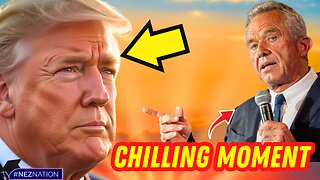 21:24
21:24
Professor Nez
56 minutes ago🚨WOW! Trump got EMOTIONAL when RFK Jr. Said THIS!
1198 -
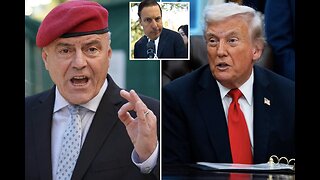 LIVE
LIVE
Jeff Ahern
37 minutes agoNever woke Wednesday with Jeff Ahern
61 watching -
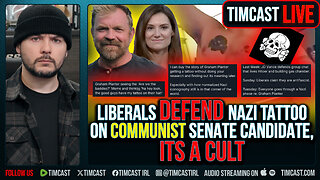 1:06:21
1:06:21
Timcast
3 hours agoLiberals DEFEND Nazi Tattoo On Communist Democrat Senate Candidate, ITS A CULT
120K121 -
 LIVE
LIVE
Side Scrollers Podcast
2 days ago🔴FIRST EVER RUMBLE SUB-A-THON🔴DAY 3🔴100% REVENUE HELPS CHANGE CULTURE!
1,314 watching -
 25:57
25:57
The Kevin Trudeau Show Limitless
5 hours agoThe Sound Of Control: This Is How They Program You
3.4K4 -
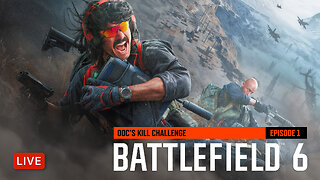 LIVE
LIVE
Dr Disrespect
3 hours ago🔴LIVE - DR DISRESPECT - BATTLEFIELD 6 KILL CHALLENGE - VS VISS
1,257 watching -
 11:32
11:32
Sponsored By Jesus Podcast
3 days agoWhat “Speaking the Truth in Love” REALLY Means | Tension of Grace and Truth
10.6K5